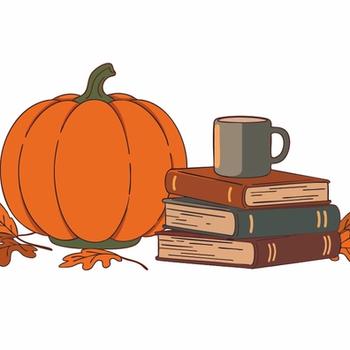The Source of All Things: A Heart Surgeon’s Quest to Understand Our Most Mysterious Organ
This book asks important questions about the heart.
BOOK REVIEW
by Reinhard Friedl, MD, with translation by Bert Reifarth; St. Martin’s Press, 2021
326 pages; $26.99 (hardback)
Reviewed by H. Steven Moffic, MD
Both the famous musical play Damn Yankees and the German cardiac surgeon would agree with these lines from the song, “(You’ve Gotta Have) Heart.” You have got to have a heart beating to live. By my age of 75, it would have beaten somewhere around 3 billion times. Yes, billions. The heart begins to beat at 22 days after conception.
Even though I am a physician, I never knew or learned those basics until I recently had a heart rhythm problem. Out of the blue, as part of a typical blood pressure evaluation, it was found that I needed a pacemaker soon to avoid sudden death. Right before Christmas, I gratefully got the gift of a pacemaker, which is supposed to prevent that risk. I call it Pacey.
During this process, my best friend from childhood, who also has heart problems, recommended this book. I quickly read it myself, then gave it as a present to my internist and to my cardiologist. What a surprise it turned out to be that this well-known German open-heart surgeon wrote such a humanistic book that is like an autobiographical novel with scientific references. Not only that, but it is written beautifully and poetically, probably in part thanks to the translator.
What happens to this German surgeon is that over many years, he feels that something is missing from his understanding of the heart and himself, so he decides to go on a long research journey to learn about the heart beyond technical knowledge. Like the Damn Yankees, he is looking for the emotional heart.
He finds out, for instance, that oxytocin—the so-called “love hormone” that was thought to only be secreted in the brain—is also released in the heart. He argues it may be more than folk wisdom that the heart, not the brain, is the source of love, courage, strength, wisdom, and more—all the best stuff that our great thinkers have written about humanity over time. Moreover, there may be heretofore unknown electrical connections between the heart and the brain that are now being discovered.
Friedl ends up wondering if there is a consciousness of the heart—a cardio-cognitive consciousness. Do we need to think of “couples therapy” of the brain and the heart? He closes with ways to keep our hearts as healthy as possible and, in his case, to become a ship doctor of the holistic heart.
Especially interesting from the psychiatric side is one topic that seems neglected in the book, which is whether the heart causes symbolic or real memories that can be transplanted to the recipient via another’s heart. That concern sometimes arises with heart transplant candidates who, for example, may wonder if their new heart will love their family like the old one did. Another concern is whether their personality might change. One patient discovered this change after the transplant1:
“I love to put on earphones and play loud music, something I never did before.”
He was 45, whereas the donor was a 17-year-old boy who liked that kind of music.
From the same article, there was a report on a larger study from Vienna, Austria, where about 80% of participants said their personality had not changed, but many seemed defensive about the questions. About 15% said they did change, but due to the life-threatening event, whereas about 5% felt a distinct personality change toward that of the donor. One presumed mechanism is cellular memory, whether epigenetic, DNA, RNA, or protein memory. Another might be intracardiac neurological memory.
Whether you have ever had heart problems or not, you will learn something about what keeps your life going, from the technical to the spiritual, and appreciate it even more. If you have taken your heart for granted, you will not anymore.
Dr Moffic is an award-winning psychiatrist who has specialized in the cultural and ethical aspects of psychiatry. A prolific writer and speaker, he received the one-time designation of Hero of Public Psychiatry from the Assembly of the American Psychiatric Association in 2002. He is an advocate for mental health issues relate to climate instability, burnout, Islamophobia, and anti-Semitism for a better world. He serves on the Editorial Board of Psychiatric TimesTM.
Reference
1. Seriously Science. Can getting a heart transplant change your personality? Discover Magazine. July 31, 2014. Accessed March 18, 2022.
Newsletter
Receive trusted psychiatric news, expert analysis, and clinical insights — subscribe today to support your practice and your patients.








